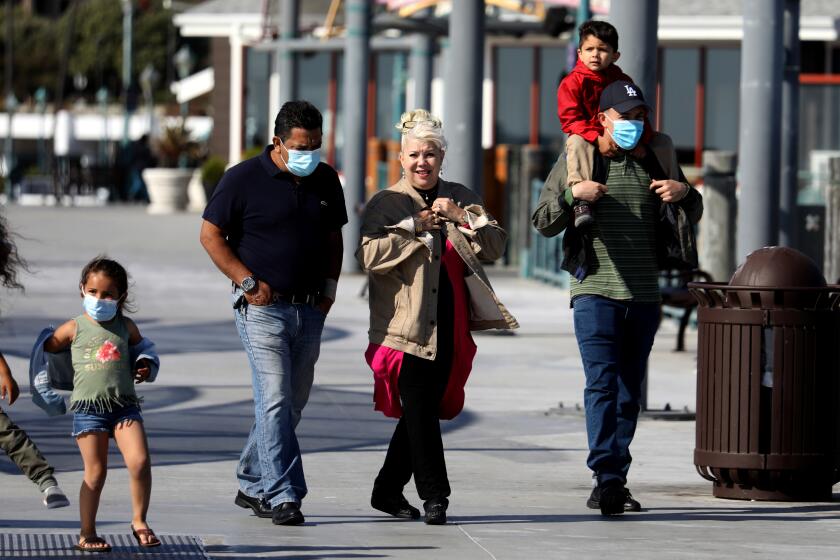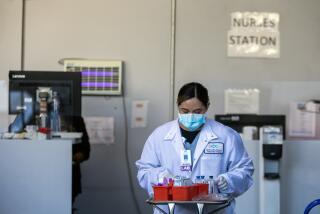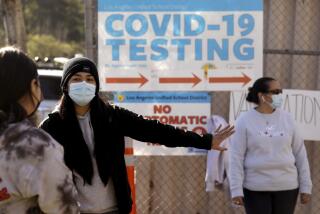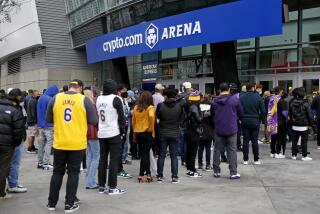California announces new guidance for overnight summer camps
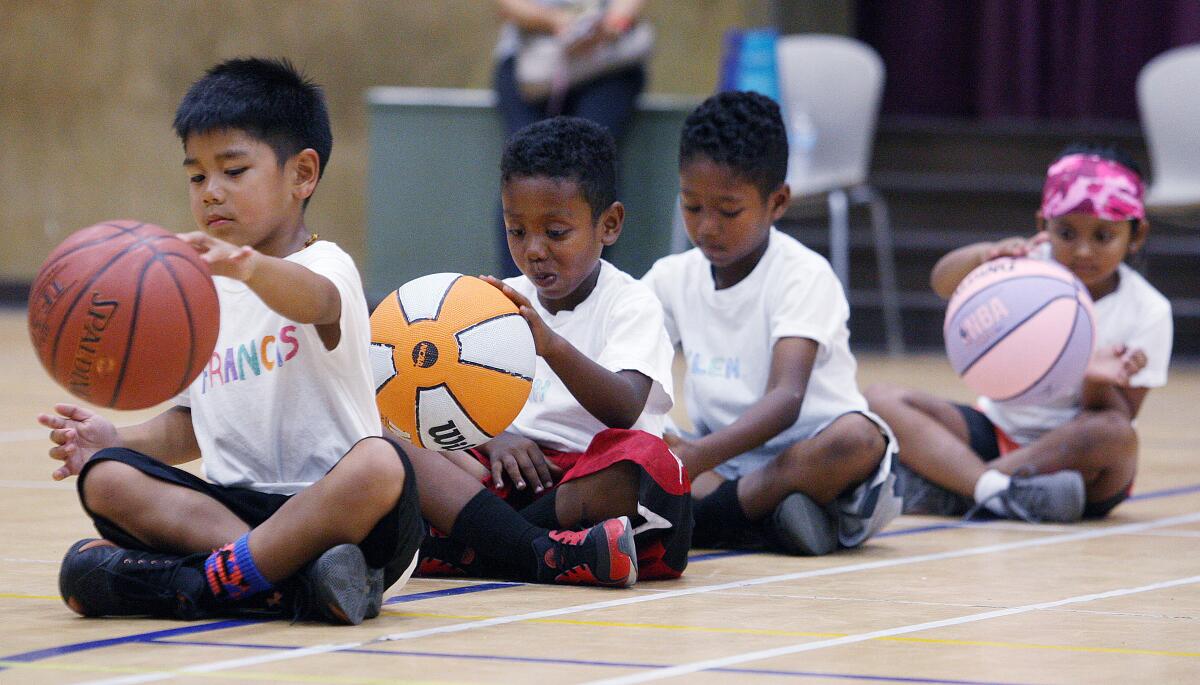
- Share via
As California expands COVID-19 vaccine eligibility to young people ages 12 to 15, the state has released new guidance for overnight summer camps geared toward reopening this June.
The move reflects sweeping guidelines issued Thursday by the U.S. Centers of Disease Control and Prevention, which draw a distinction between those who have been vaccinated and those who have not.
Camps where all staff and attendees are fully vaccinated may operate without any additional public health recommendations beyond the state’s existing health and safety code, according to the new regulations.
Camps where some staff members and attendees are not fully vaccinated — a likely scenario given that many camps offer sessions for young children — will have to meet a variety of standards for masking, social distancing and testing, according to the guidelines.
For example, if any camp staffers or attendees are not fully vaccinated, wearing masks will be required indoors regardless of physical distancing and required outdoors when six feet of physical distancing cannot be maintained at all times.
But vaccinated campers and staff members can follow current state guidelines regarding the appropriate use of face coverings, which allow fully vaccinated people to spend time together indoors without masks or distancing, among other key points. Fully vaccinated people can also refrain from wearing face coverings outdoors except when attending crowded outdoor events.
“All of the resident camps have been waiting eagerly for [these guidelines] so they can plan accordingly,” said Heather Hibbeler, owner and director of Sierra Sleep-Away Camp in Bass Lake. “We’re diving into them right now.”
Hibbeler said that the camp was closed last summer because of COVID-19 and that she couldn’t wait to welcome campers back.
“We’re looking forward to seeing our campers, having fun, smiling, making connections — just getting back to life and enjoying the great outdoors,” she said.
Staff members and campers will be tested for the coronavirus prior to arrival and again during the session, Hibbeler added, “and all of our staff are eager and getting vaccinated.”
In a momentous turn in the fight against COVID-19, federal officials are significantly easing mask guidelines as the threat of the pandemic rapidly fades.
California in March had announced that “sleepaway camps” were permitted to reopen with modifications in counties in the red, orange or yellow tiers of the state’s color-coded reopening system. Currently, no counties are in the purple, or most restrictive, tier of the system.
The guidelines, which are expected to apply throughout the summer, also advise camps without fully vaccinated participants to follow CDC recommendations for overnight camps, including having an emergency operations plan in place to protect attendees, staff, visitors and communities from the spread of COVID-19.
Campers and staffers should also be screened for COVID-19 symptoms on arrival and should consider periodic retesting at camps that last longer than one week, officials said.
“We’re excited to be able to get these kids back,” said Lindsey Johnson, camper experience coordinator at Kennolyn Camps in the Santa Cruz Mountains. “It was hard not seeing them last summer.”
Johnson said capacity at Kennolyn will remain limited to about 70%, and the camp will be requiring overnight staff members to be vaccinated. Campers and staff members will also be tested for the coronavirus on arrival, and once again if they are there for two weeks.
Other state recommendations include daily checks to monitor for symptoms, with isolation strategies in place in case someone gets sick. Camps can also consider requiring unvaccinated participants to quarantine at home for the 10 days prior to camp arrival, and they are advised to assign campers to “stable groups that will remain together for the entire camp session.”
The broad rules should be followed unless stricter guidance is provided by local health authorities, the state said, noting that staffers and campers should plan to bring at least a seven-day supply of masks.
More to Read
Sign up for Essential California
The most important California stories and recommendations in your inbox every morning.
You may occasionally receive promotional content from the Los Angeles Times.
